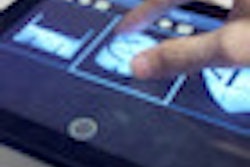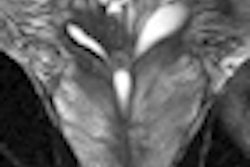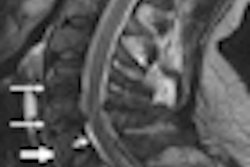Dear MRI Insider,
As a recipient of the MRI Insider, you have an exclusive first look at a new study based on 10 years of MRI quality assurance evaluations that found image quality problems in 78% of MRI scanners.
The research, led by medical physicist Moriel NessAiver, PhD, also uncovered deficiencies such as improper configuration, an inability to scan, failure of one or more channels, a year-to-year decrease in signal-to-noise ratio, and ghosting. Read the details by clicking here.
In other features, we think you'll be interested in a new story on research at Stanford University, where an interventional physicist is trying to make interventional MRI easier to perform using a tablet computer. The physicist has rigged a Hewlett-Packard TouchPad to perform basic scanner functions, which can be easier for interventional radiologists than using a system's normal controls. Why not use an Apple iPad? Find out by clicking here.
Meanwhile, preoperative MRI is showing its prowess in two clinical applications. The use of the technique in women with newly diagnosed breast cancer enables surgeons to remove tumors more completely, according to researchers at Yale University. As a result, patients who undergo preoperative MRI are less likely to require a second excision procedure.
Preoperative MRI also influenced the extent of surgery in 27% of patients who underwent robotic-assisted laparoscopic prostatectomy, in a study from the University of California, Los Angeles. Initial surgical plans were changed in 28 of 104 patients, with 17 cases changed to a nerve-sparing technique and 11 altered to a non-nerve-sparing technique.
Meanwhile, researchers at the University of Michigan have found that nearly one-quarter of patients diagnosed with neuropathy undergo MRI scans, while only 1% receive far cheaper glucose tolerance tests. The findings prompted the group to conclude that there is a "substantial opportunity" to improve efficiency in the evaluation of peripheral neuropathy.
And, finally, Swiss researchers say 1.5-tesla MRI provides "only limited evidence" of specific changes to the cervical spine and surrounding tissues in patients with acute symptomatic whiplash injury. The study showed occasional difficulty in distinguishing lower grades of whiplash-associated injury from age-related degenerative changes on MRI.
Be sure to stay in touch with the MRI Digital Community on a daily basis, as we continue to report on novel MRI research and the latest news on the modality.




















